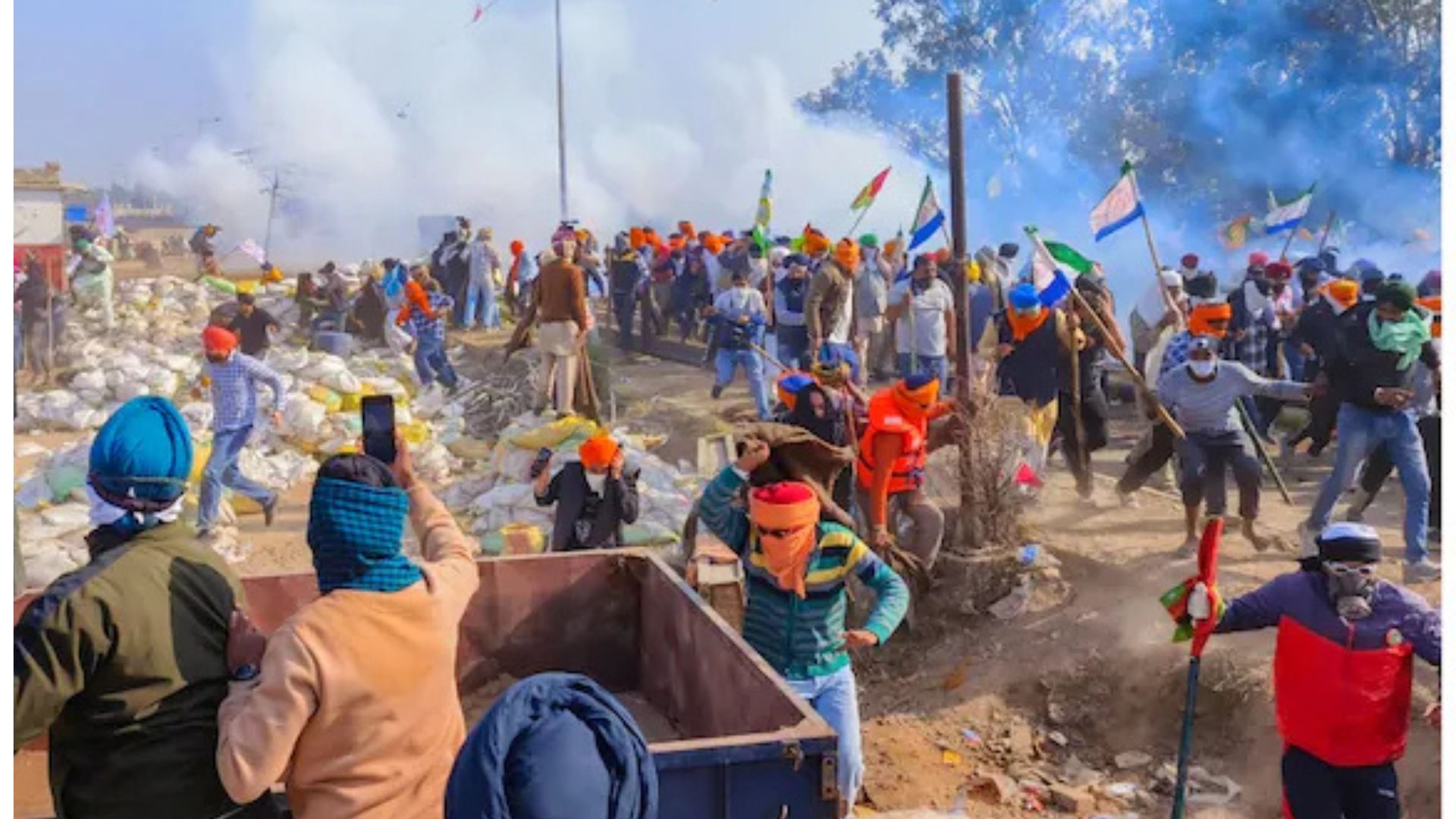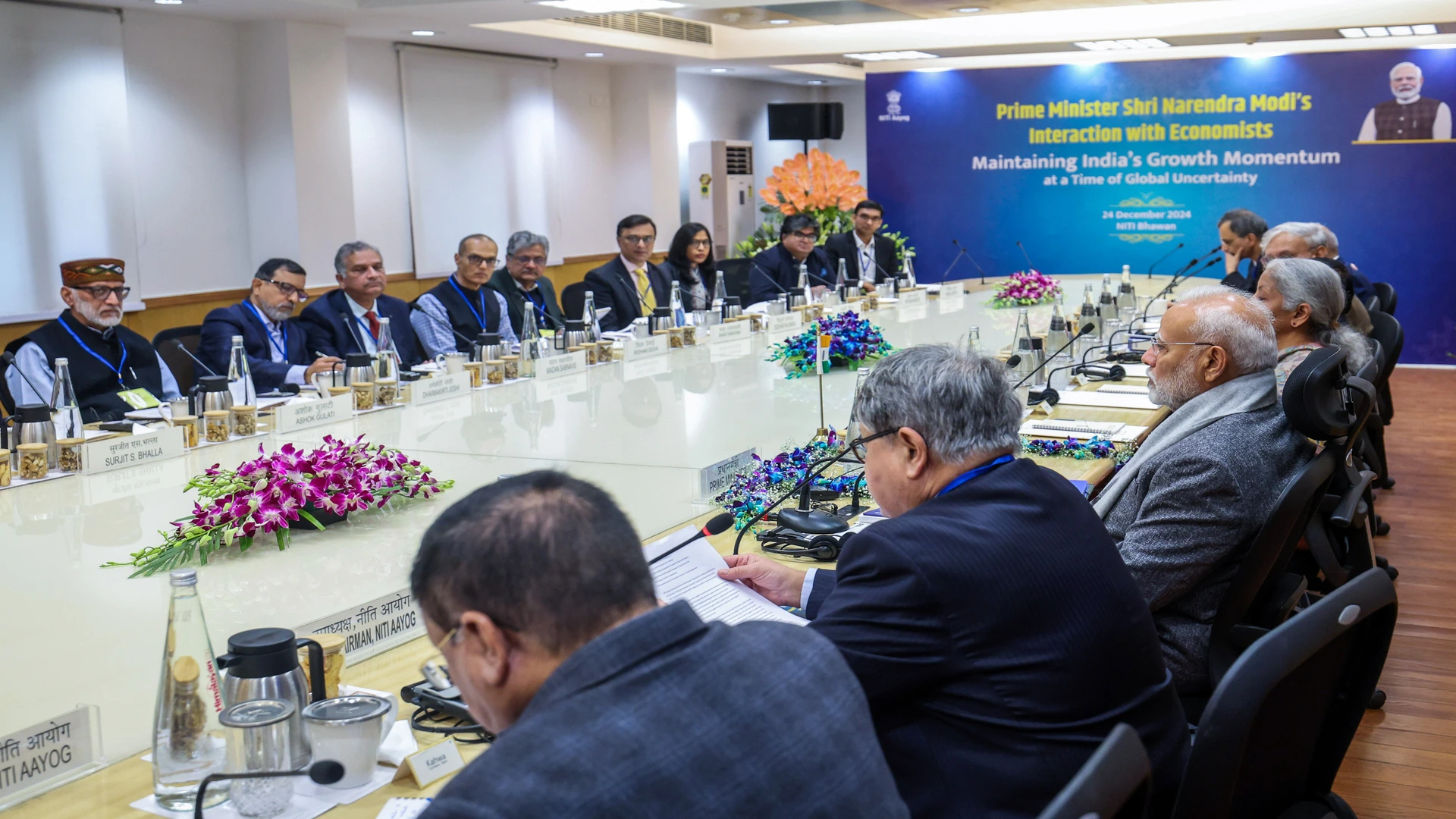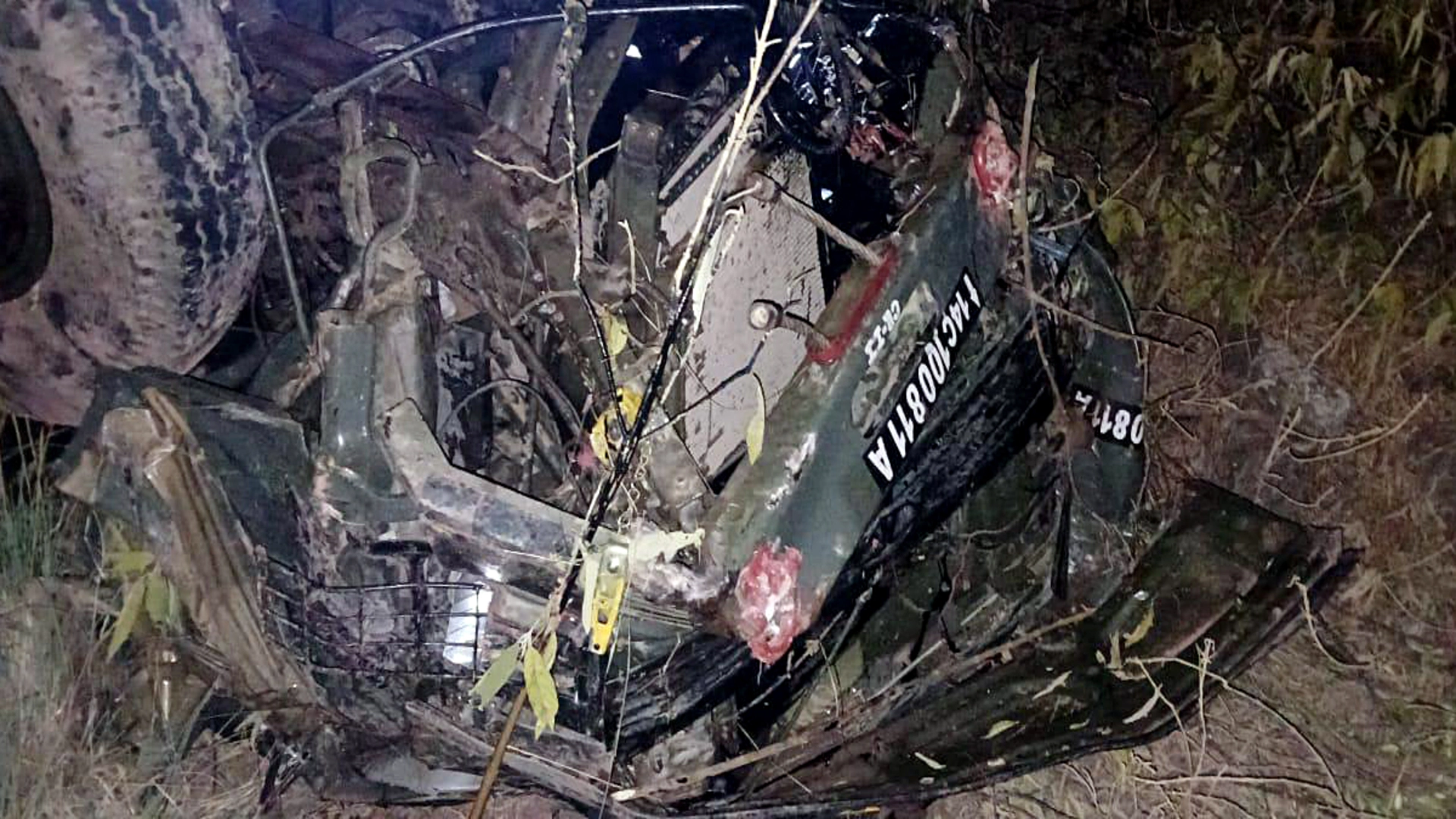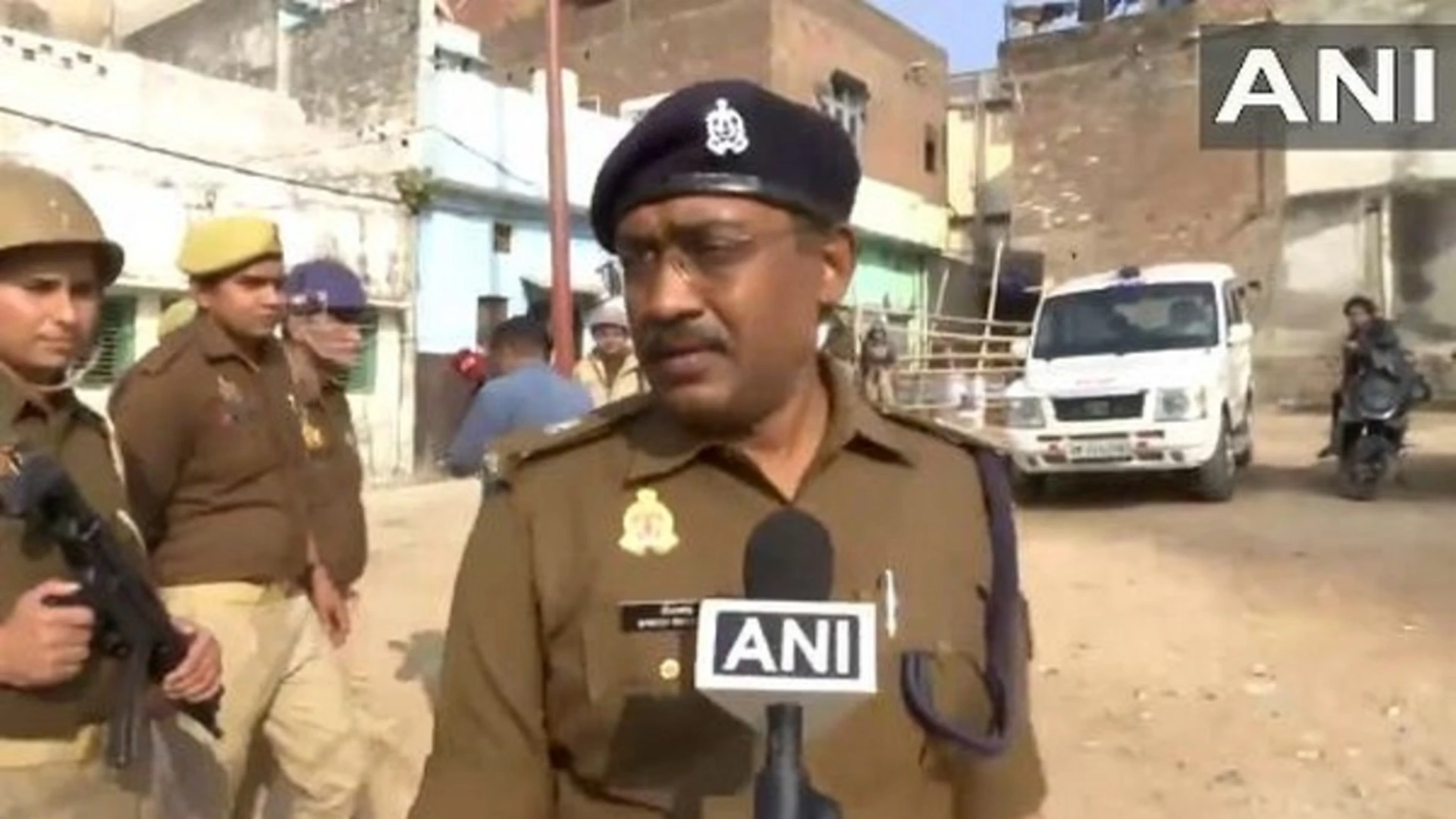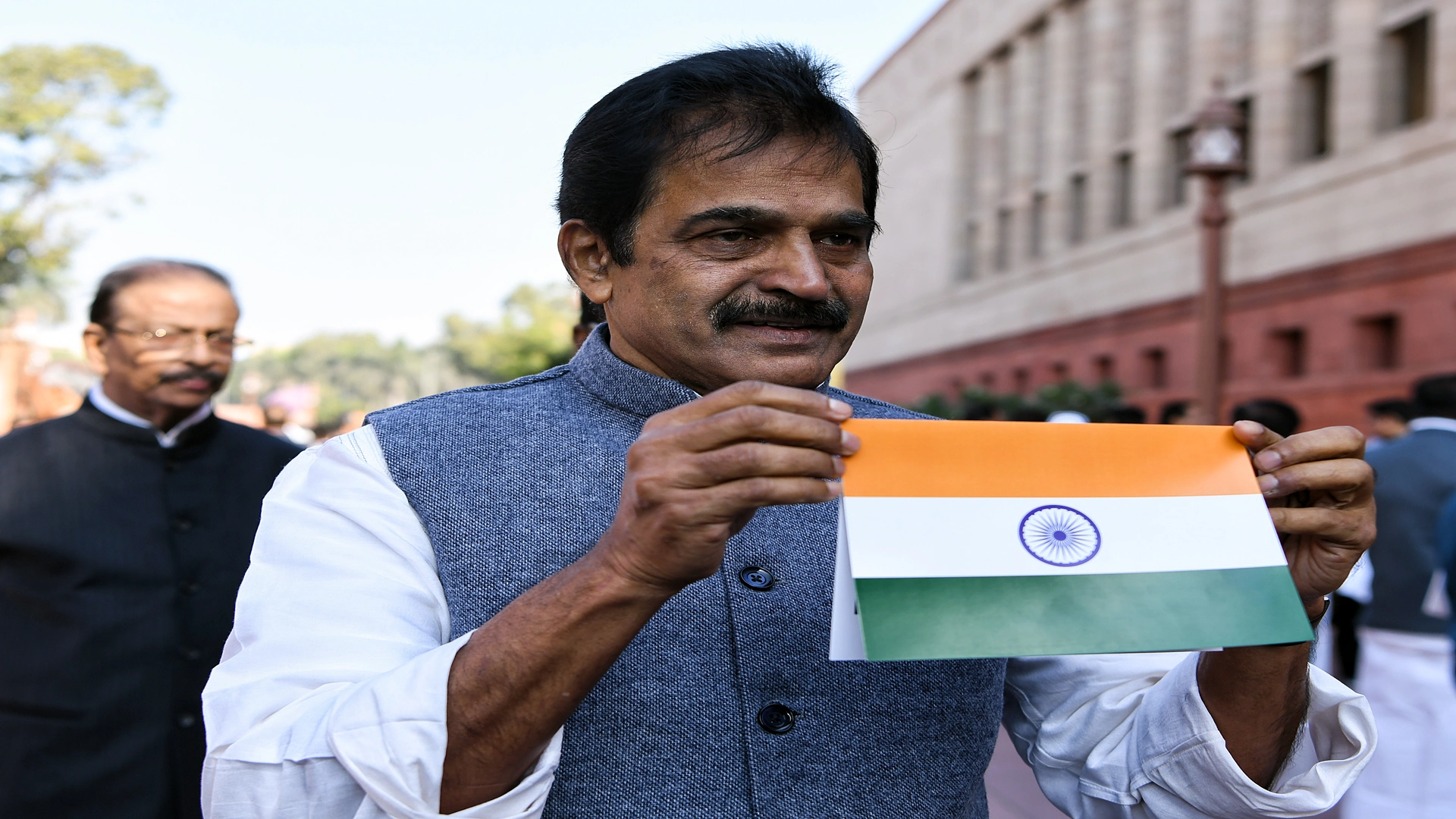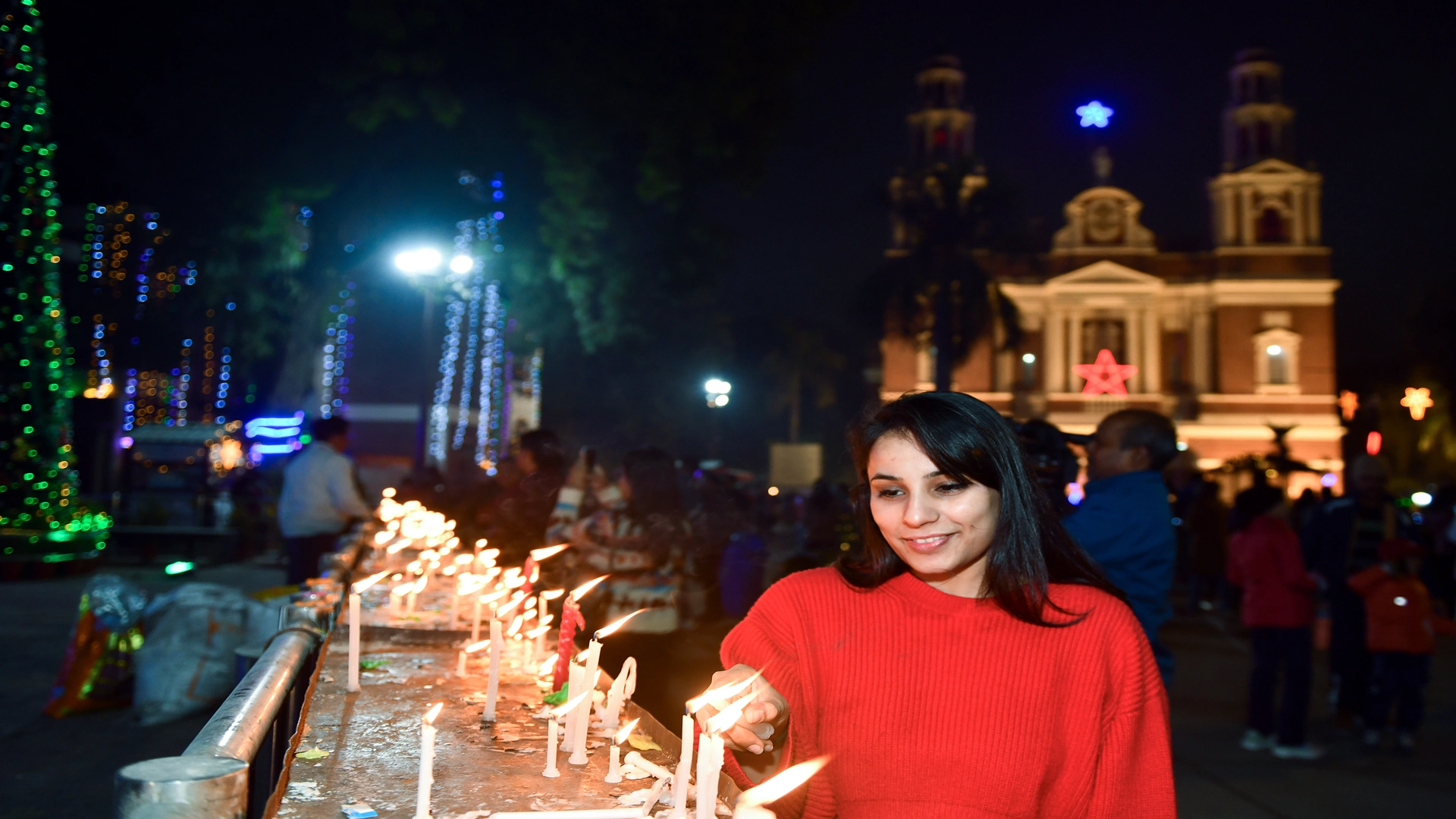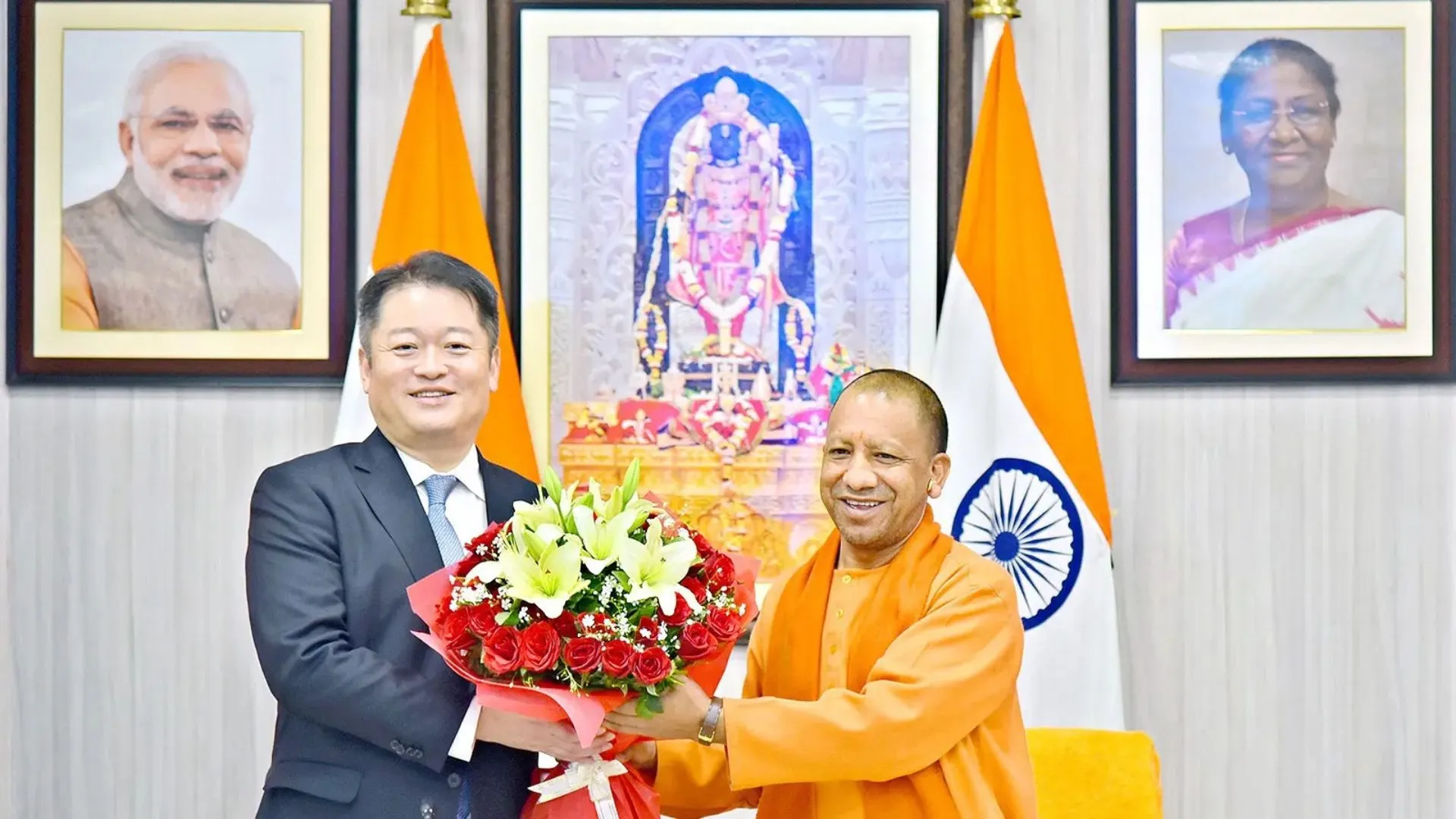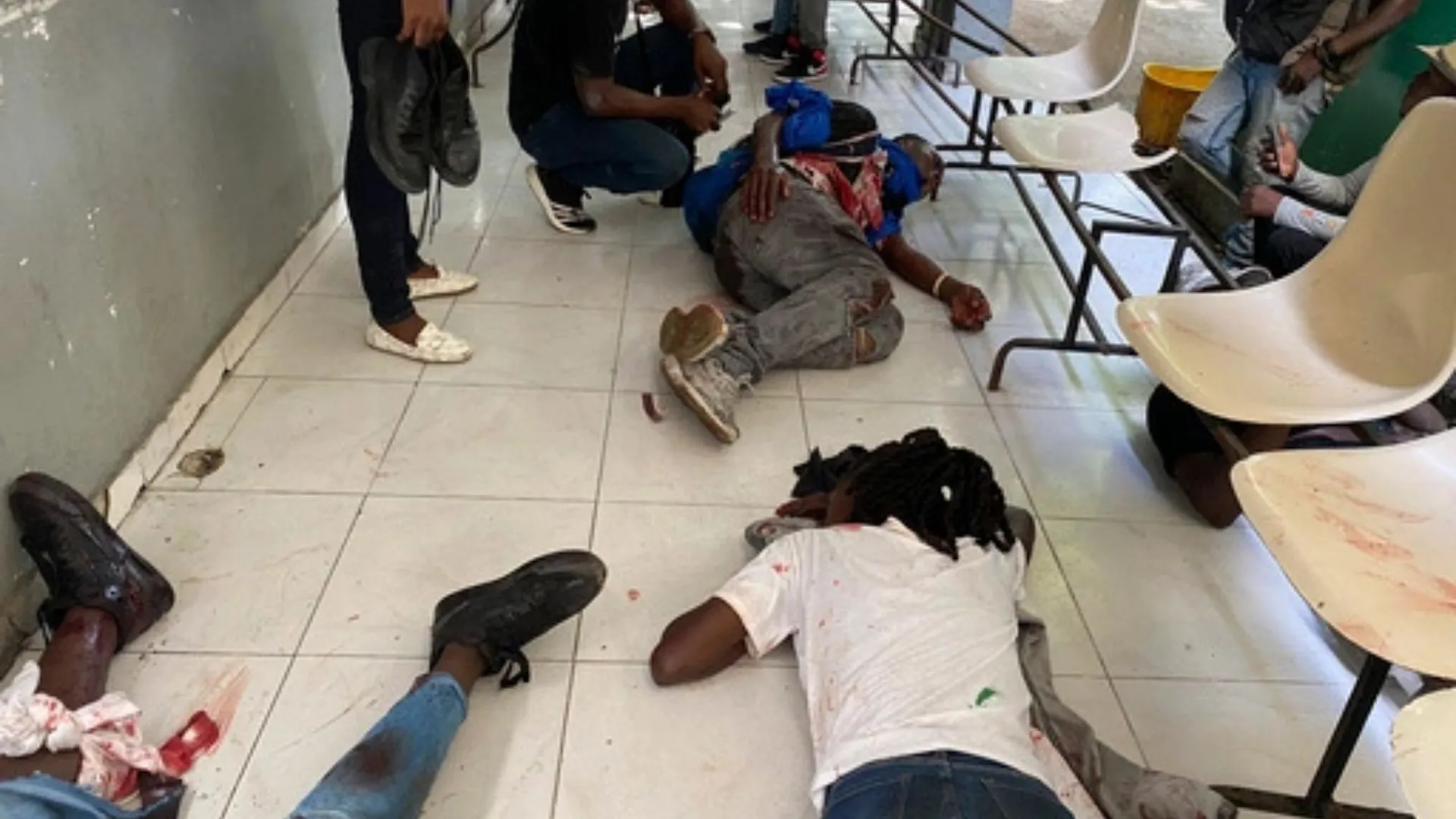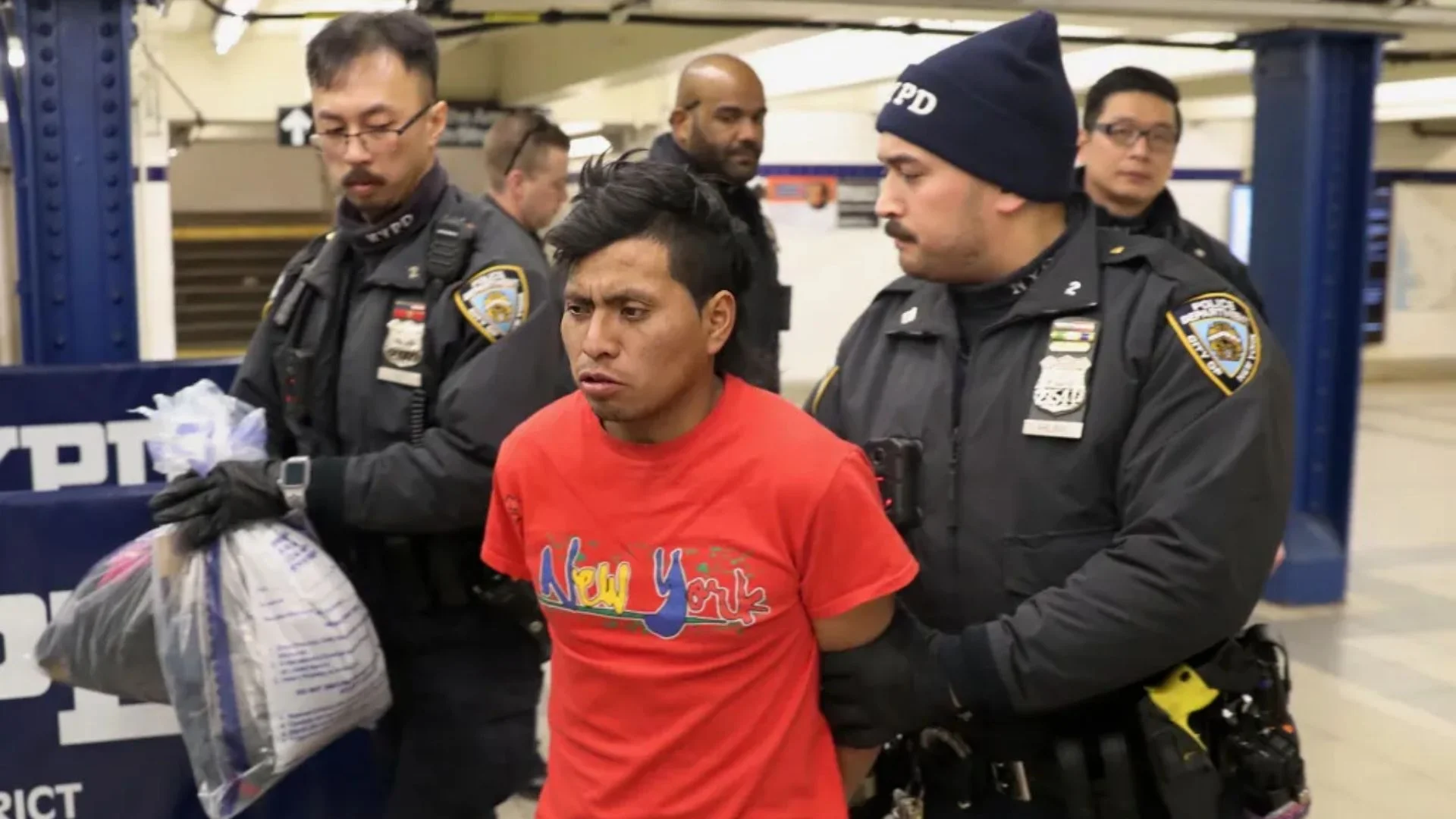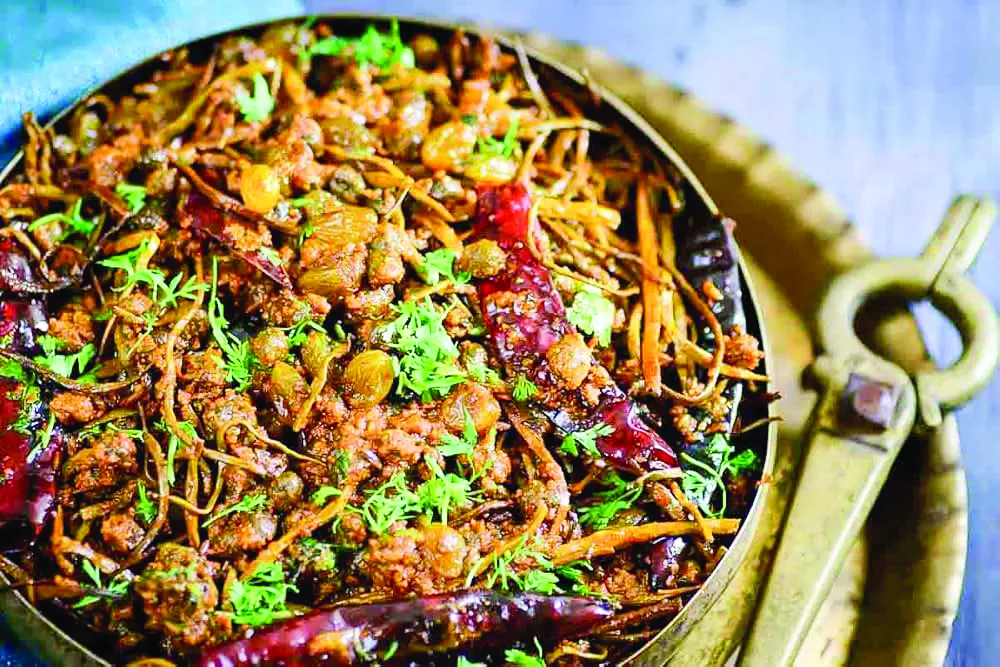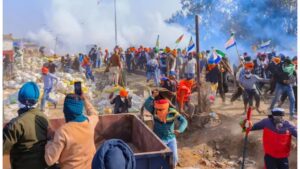The planned ‘Delhi Chalo’ march by farmers has been suspended for the day following injuries sustained by several protesters due to tear gas shelling by Haryana Police. The protesting farmer unions, Kisan Mazdoor Morcha (KMM) and Samyukt Kisan Morcha (non-political) (SKM-NP), made the decision to recall a group of 101 farmers who had begun their march towards the national capital.
The group commenced their foot march at the Shambhu border on Friday, but their progress was halted just a few meters away by a line of barricades set up by the police. Citing a prohibitory order under Section 163 of the Bharatiya Nagarik Suraksha Sanhita (BNSS), Haryana police intervened, instructing the farmers not to proceed further.
“We have called back the ‘jatha’ for today in view of the injuries suffered by a few farmers,” said Sarwan Singh Pandher, a leader of the protesting farmers, as reported by PTI. The farmers are demanding a legal guarantee for the minimum support price (MSP) of crops.
In response to the escalating tensions, the Ambala district administration has imposed a ban on any unlawful assembly of five or more persons. Additionally, mobile internet and bulk SMS services have been suspended in 11 villages of Ambala district until December 9, affecting areas including Dangdehri, Lohgarh, and Sultanpur.
During the march, a group of farmers, waving union flags, managed to push down the iron mesh barricades set up by security personnel on the bridge over the Ghaggar River. Despite their efforts, they were met with a multi-layered barricade erected by the Haryana government, which prevented them from advancing.
Chanting slogans and carrying essential items, the farmers initially crossed the first layer of barricades but were unable to proceed further. Some protesters attempted to dismantle the barricades, while security personnel urged them to stop, citing a lack of permission for the march.
Water cannon vehicles were also deployed at the Shambhu border point to manage the situation. Farmer leader Sarwan Singh Pandher referred to the 101 farmers in the ‘jatha’ as ‘marjeevras’—those willing to die for a cause—and criticized the Haryana government for obstructing their peaceful march.
Pandher previously stated that if the government prevented them from marching, it would be a “moral victory” for the farmers. He emphasized that the government had previously indicated there would be no objections to farmers marching on foot, making the police intervention all the more contentious.

